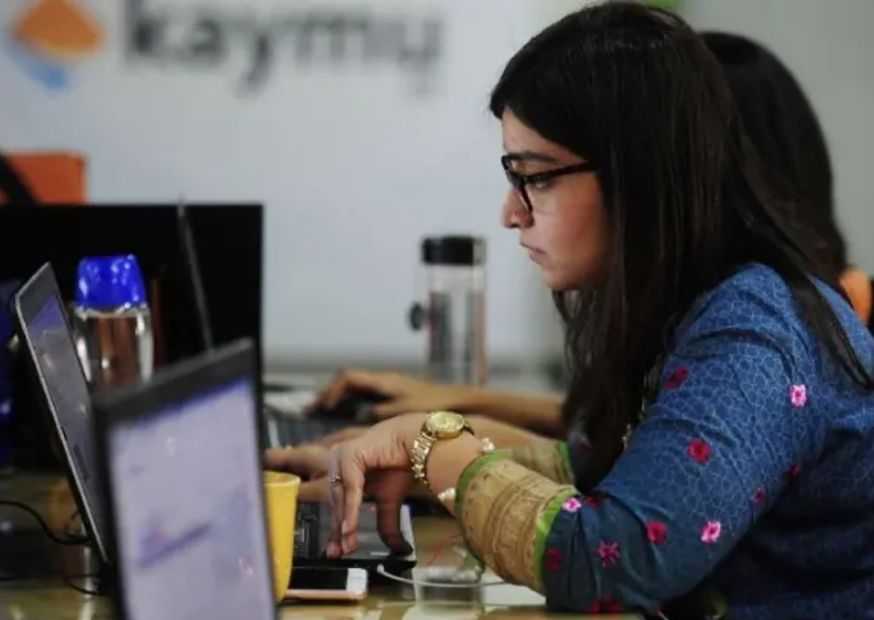KARACHI: A powerful wave of female entrepreneurship is reshaping Pakistan’s business landscape as women across the country transform everyday challenges — from baby-food needs to allergy-friendly meals and textile waste — into thriving commercial ventures.
This shift was on full display at the recent “Women in Tech” competition, funded by Standard Chartered and executed by INNOVentures Global, which saw applications surge from just 86 in 2019 to an impressive 1,900 this year. Submissions poured in from more than 100 cities, reflecting the expanding ambitions of women seeking financial independence and creative problem-solving opportunities.
Among the ten startups selected for seed grants of Rs 1 million each, three stood out for their ingenuity and impact. Yumkins Foods, founded by Hira Mubeen, emerged from a mother’s search for healthier baby-food alternatives. Erum Sheheryar’s Atfaal offers kids-wear made from upcycled textile scraps, reducing waste while creating sustainable fashion. And Ootein — the brainchild of Maria Ameer, Pakistan’s first certified allergen-free brand — was inspired by her personal struggle with celiac disease.
These enterprises secured additional scale-up funding of Rs 5 million, Rs 3.5 million and Rs 2 million respectively. Despite operating primarily from home-based setups, the shortlisted ventures collectively generated nearly Rs 25 million in verified revenue within just two months — with projections of annualised earnings exceeding Rs 150 million if growth continues at the same pace.
What distinguishes these businesses is their strong social multiplier effect. Over 80 per cent of the shortlisted startups are led by women, and many rely heavily on female suppliers, partners and customers — creating a ripple effect of inclusion far beyond their operations. Advocates say this momentum is essential in a country where female labour-force participation remains among the lowest globally.
However, challenges continue to limit expansion. Data shows that Pakistan’s startup ecosystem raised US $563 million during 2015–2021, yet women-founded companies received only 1.4 per cent of that funding. Although the share has since grown to around 10 per cent, experts argue that financial literacy, digital bookkeeping skills and structured business management remain critical gaps that need closing.
Mentors at the event stressed the importance of disciplined business operations — tracking every rupee, valuing time as an asset and building digital audit trails that can attract investors. They emphasised that entrepreneurship is more than passion; it requires rigour, documentation and long-term strategy.
In a society where many women juggle family responsibilities with limited mobility and opportunities, these ventures are opening new pathways to autonomy, flexible work and community impact. From kitchen-table ideas to promising national brands, Pakistan’s women are proving that the simplest problems can spark the most transformative solutions.
This story has been reported by PakTribune. All rights reserved.



